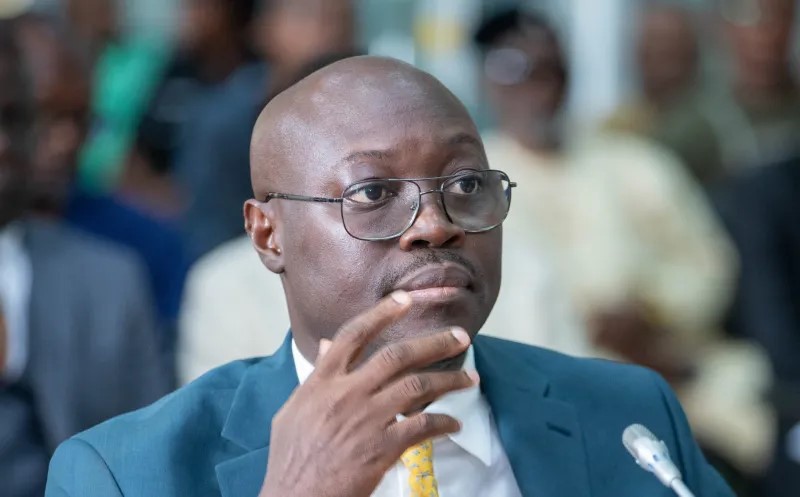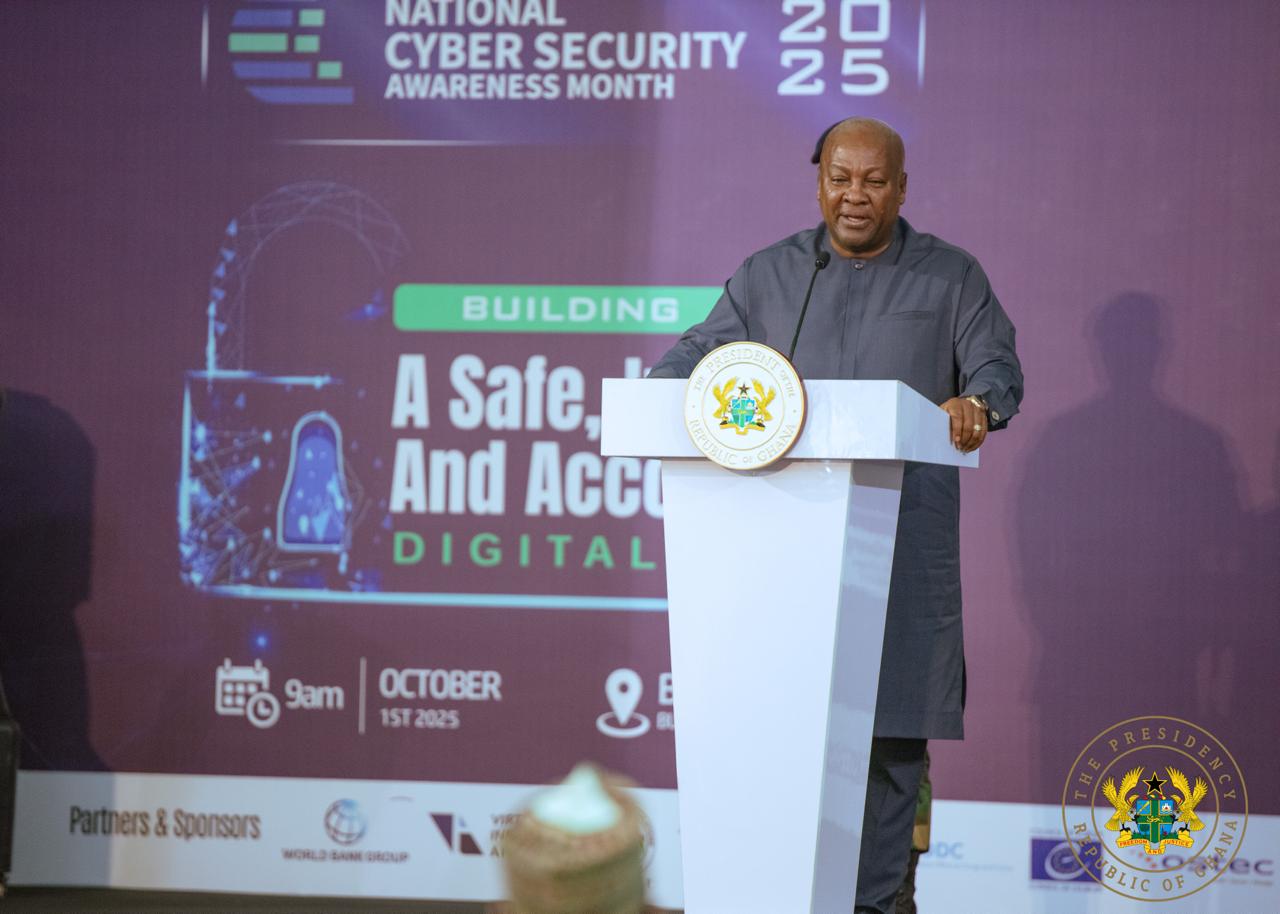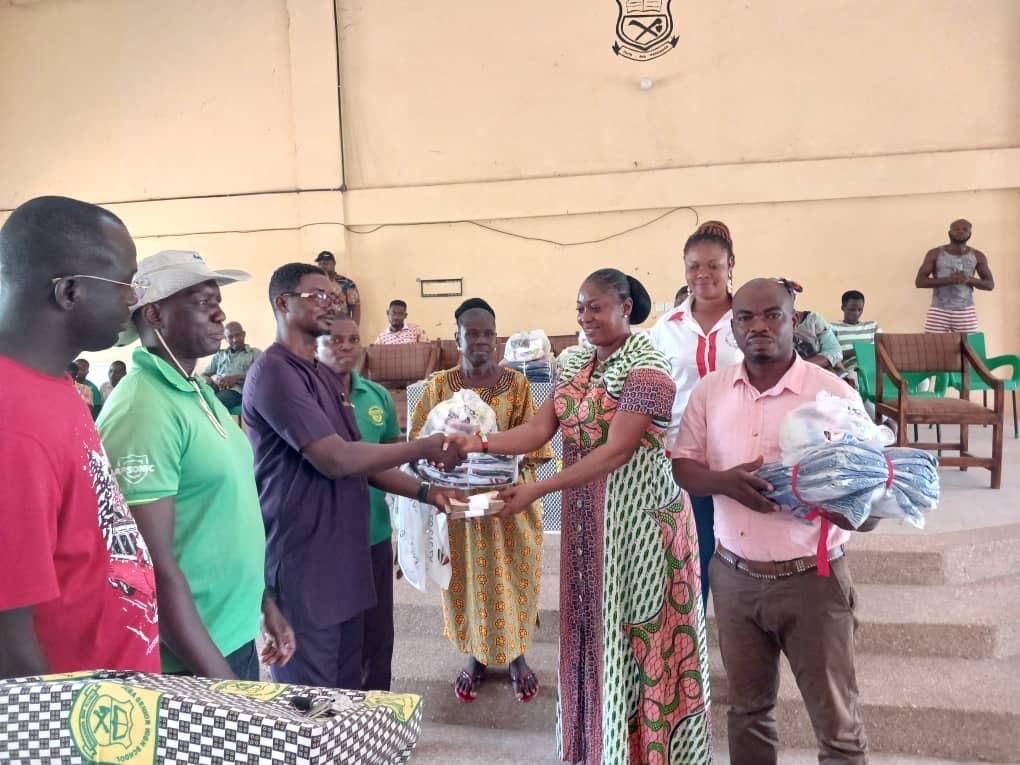Ghana has cleared another key hurdle in its $3 billion bailout program with the International Monetary Fund (IMF), after reaching a staff-level agreement on the fourth review of the deal.
If approved by the IMF’s Executive Board in the coming weeks, the agreement will unlock a fresh disbursement of $370 million, bringing Ghana’s total receipts so far to about $2.36 billion since the program began in May 2023.
According to the IMF, Ghana’s economy showed encouraging signs of recovery in 2024 — with growth outpacing expectations, thanks largely to gains in the mining and construction sectors.
The country’s external position also improved, supported by strong gold exports and a steady flow of remittances. Ghana’s international reserves have risen, even beating some program targets.
But it wasn’t all good news. The IMF pointed to “fiscal slippages” in the lead-up to the 2024 elections, which saw the government rack up large unpaid bills.
Inflation also rose beyond the program’s targets, and progress stalled on several structural reforms, especially in the energy, financial, and public sectors.
“Preliminary data show significant payables built up before the elections,” said IMF Mission Chief Stéphane Roudet, who led the Fund’s two-week review mission in Accra.
Since coming into office in early 2025, Ghana’s new administration has taken steps to get the program back on track.
That includes an audit of outstanding payables and a disciplined 2025 budget that aims for a 1.5% primary surplus (excluding interest payments).
The IMF welcomed these early moves, particularly efforts to tighten spending controls, strengthen public financial management, and reset key fiscal rules.
Authorities are also focusing on improving how public money is spent — especially in procurement, governance, and social safety nets to protect the most vulnerable.
The Bank of Ghana has also stepped up its game, raising interest rates and tightening liquidity to help fight inflation.
These actions, paired with the government’s fiscal tightening, are meant to stabilize the economy and rebuild market confidence after a turbulent 2024.
The government has recommitted to reforming State-Owned Enterprises (SOEs) with an eye on improving performance and cutting down arrears. Particular focus is on the energy, gold, and cocoa sectors.
One key move is restarting quarterly electricity tariff adjustments to prevent further debt build-up in the energy sector.
Ghana is also working to shore up its financial sector, with efforts to recapitalize banks and improve the efficiency of public lenders.
On the debt front, Ghana has made “important strides,” according to the IMF.
A Memorandum of Understanding (MoU) has now been signed with all official creditors under the G20 Common Framework, and attention is shifting to finalizing bilateral agreements.
Talks with commercial creditors are still underway.
The IMF urged all parties to stay aligned with program goals and ensure fair treatment for all lenders.
The staff-level agreement now heads to the IMF Executive Board for formal approval. Once cleared, the disbursement of $370 million will follow — helping Ghana continue its efforts to stabilize the economy, manage debt, and drive inclusive growth.
The IMF wrapped up its statement by praising Ghana’s authorities for their “strong collaboration,” and expressed continued support for the country’s recovery agenda.
By: J.W Quarm





